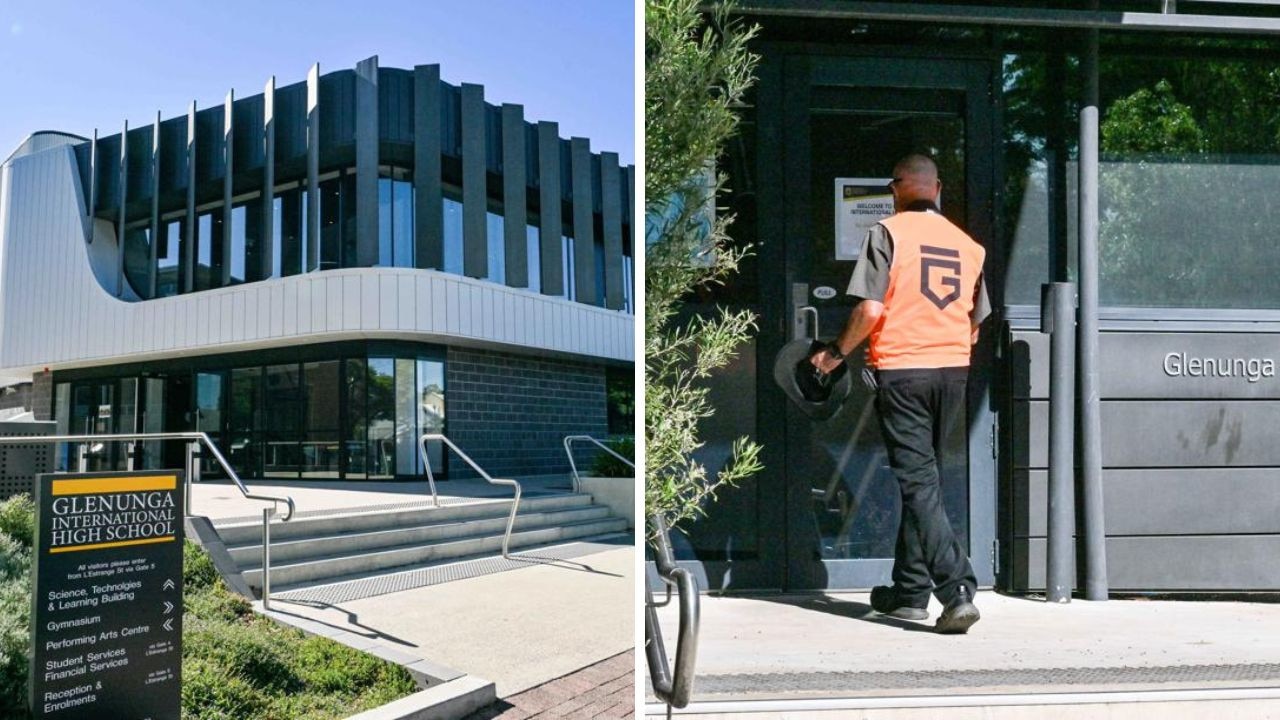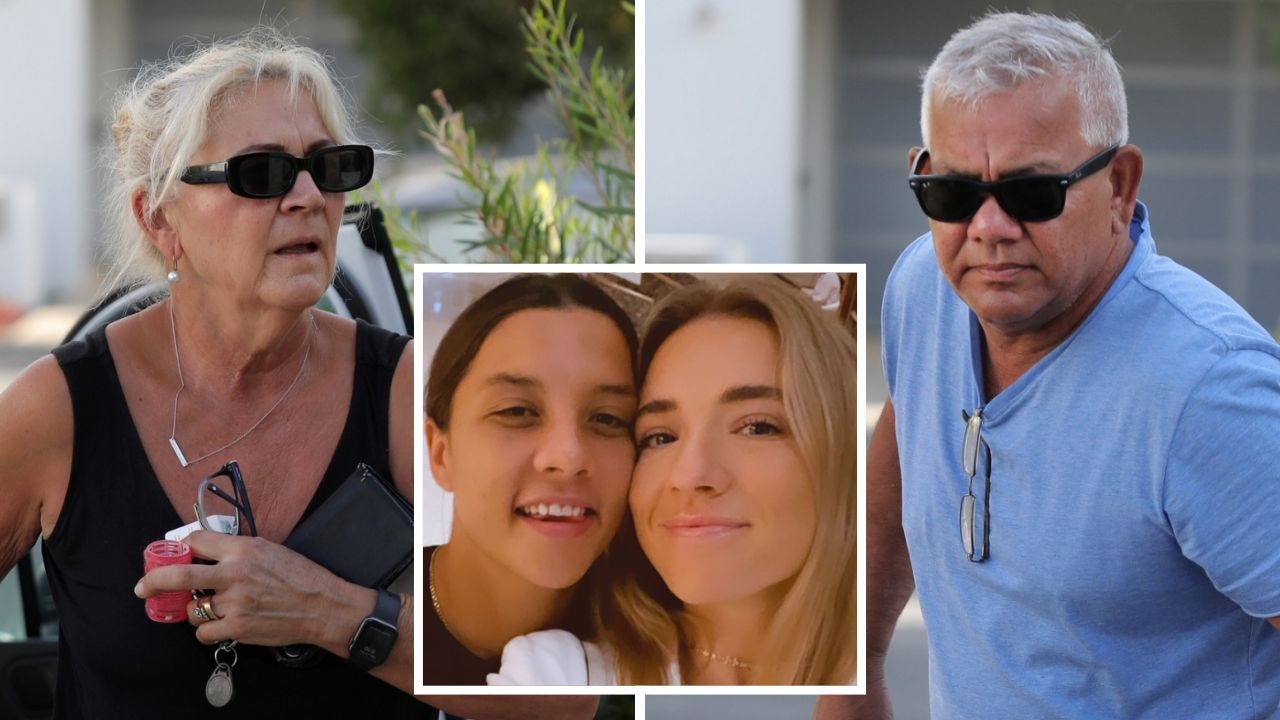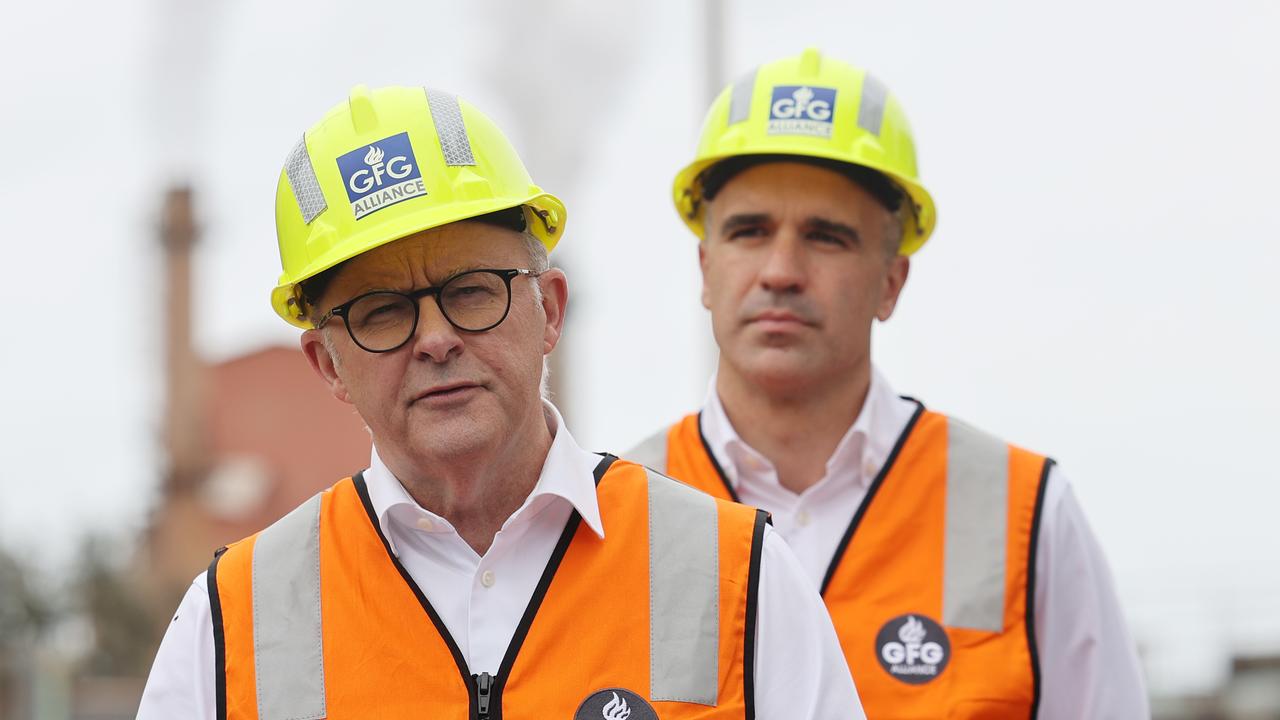Tougher restrictions introduced after SA records three local Covid-19 cases
South Australians are now under tougher restrictions after the state confirmed its third case of coronavirus and races to beat the spread.
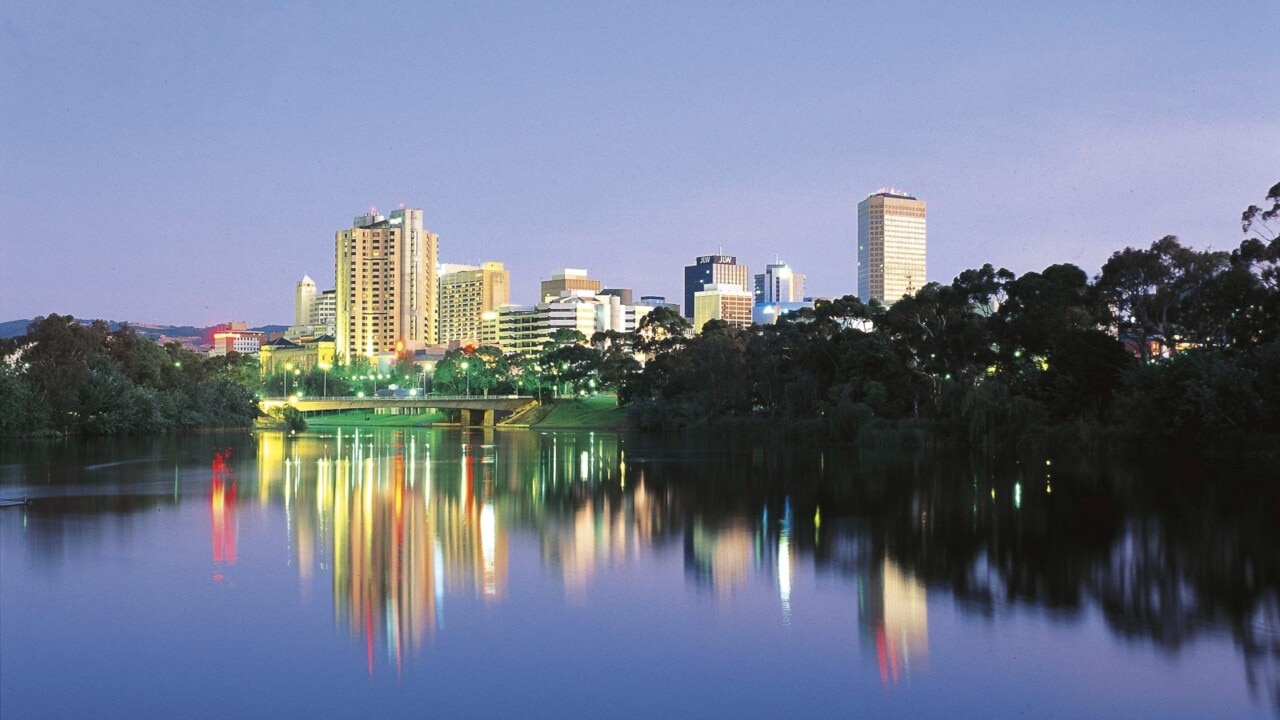
Tougher restrictions are now in effect in South Australia as the state races to stop the spread of three locally acquired coronavirus cases uncovered on Monday.
An 81-year-old man, who returned to Australia from Argentina, tested positive to the virus on Monday morning.
Premier Steven Marshall later confirmed the man’s daughter had tested positive too.
Soon after, the state’s health department revealed another close contact, a man in his 50s, had also returned a positive result.
These are the new rules that will come into effect across the state at midnight:
- A one per four square metre capacity limit will be introduced in licenced premises
- No buffets or shared platters will be permitted and only seated outdoor dining is allowed
- Private gatherings will be capped at 10 people
- Masks will be required at all high risk settings like aged care facilities, as well as on public transport and shared indoor spaces where physical distancing cannot be maintained
- No team or club contact sport is allowed and all indoor fitness facilities will be closed
- Personal care services like hair salons and non essential retail will also be shut
- Working from home is advised but not required.
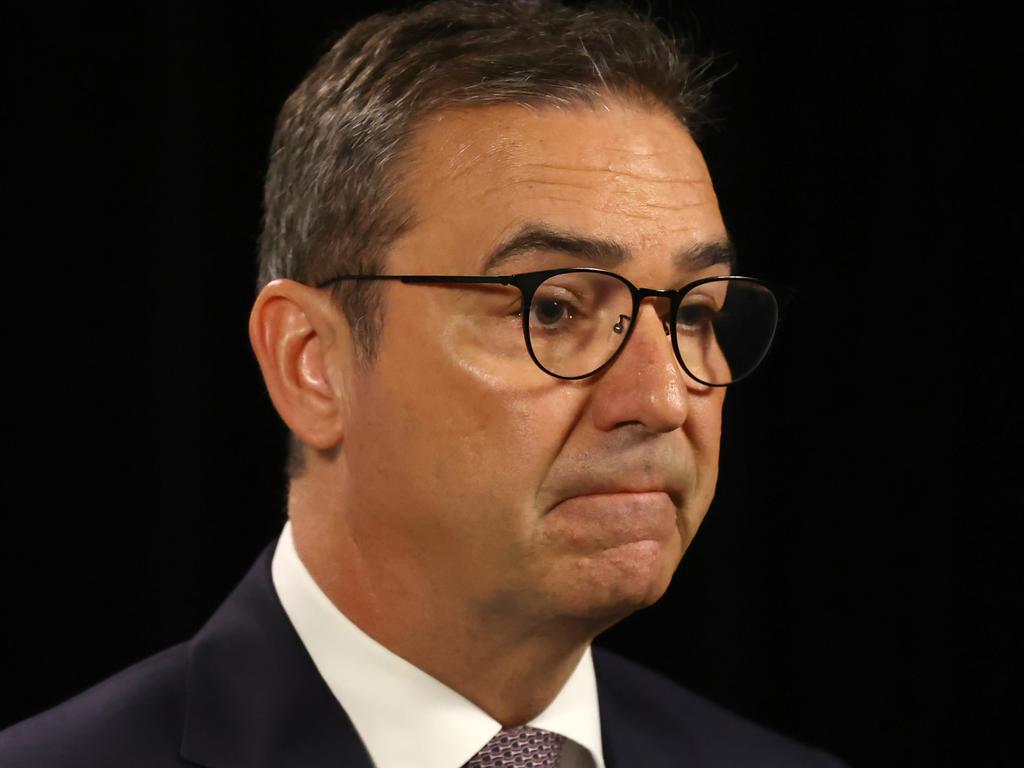
Mr Marshall said the restrictions would be reviewed on Friday.
He said authorities wanted to minimise the effects on businesses but the second infection “significantly escalated” concerns.
“If we can ease these restrictions, we will but if we wait until we get all of the information, it can often be way too late,” he said.
“This is our one shot to make sure we don’t go into a long term lock down in SA.”
SA Police Commissioner Grant Stevens — who is also the state co-ordinator — said authorities were aware of the implications of going into stage four restrictions.
But the decision was made because the consequences of not acting quickly could be more severe, he said.
“We know what this does to people — both socially and from an economic point of view,” Mr Stevens said.
“We know there are people who will struggle as a result of these changes but … we’ve made this decision having looked at the alternatives and if we should go into lockdown at this time.”
Mr Stevens said South Australians had historically complied “exceptionally well” with severe restrictions and believed they would do so again.
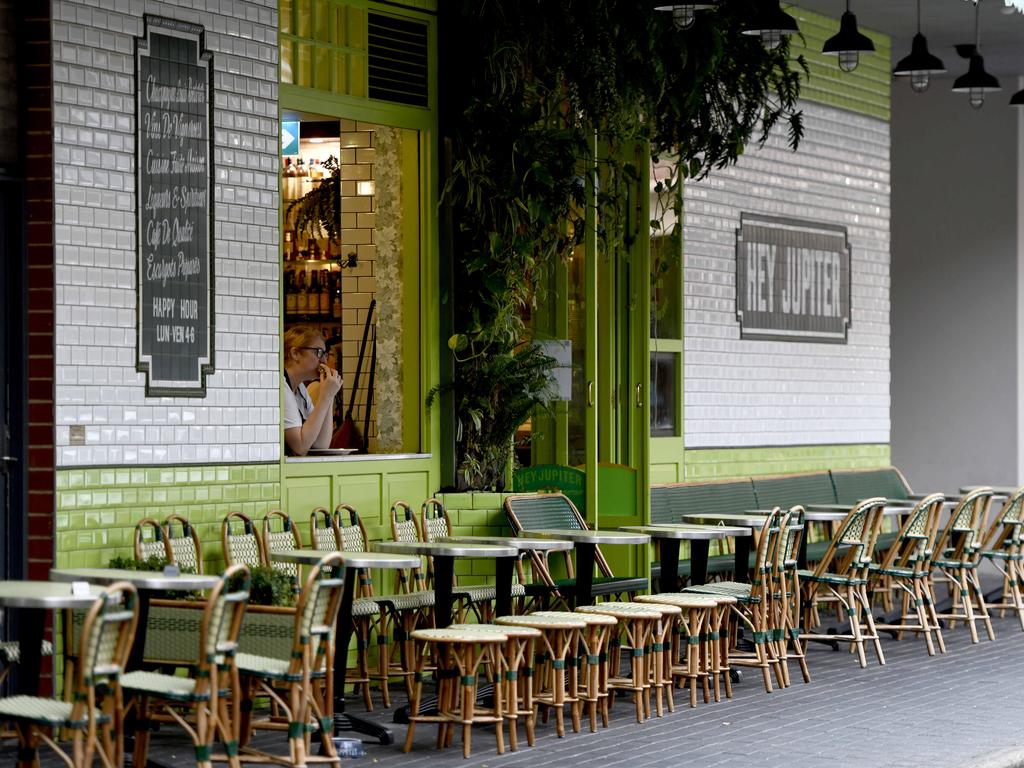
Looking at the serology of the second infected person, SA chief public health officer Nicola Spurrier said it presented two possible scenarios — that she first transmitted the virus to her father and is in the end stages of her infection or he recently passed it onto her and she was currently in the early stages.
Professor Spurrier said more swabs were needed to determine a possible stronger signal of antibodies.
She said she believed the state would get on top of the potential outbreak, but authorities needed to act “hard and fast” and South Australians needed to comply with the restrictions.
“We ask the SA community to reduce their movement whilst my team do all of this contact tracing … and buy some time to get ahead,” she said.
“What we know from interstate with the Delta variant – that we haven’t yet confirmed (is the variant the SA cases have) – is that it moves very rapidly … we don’t have time.”
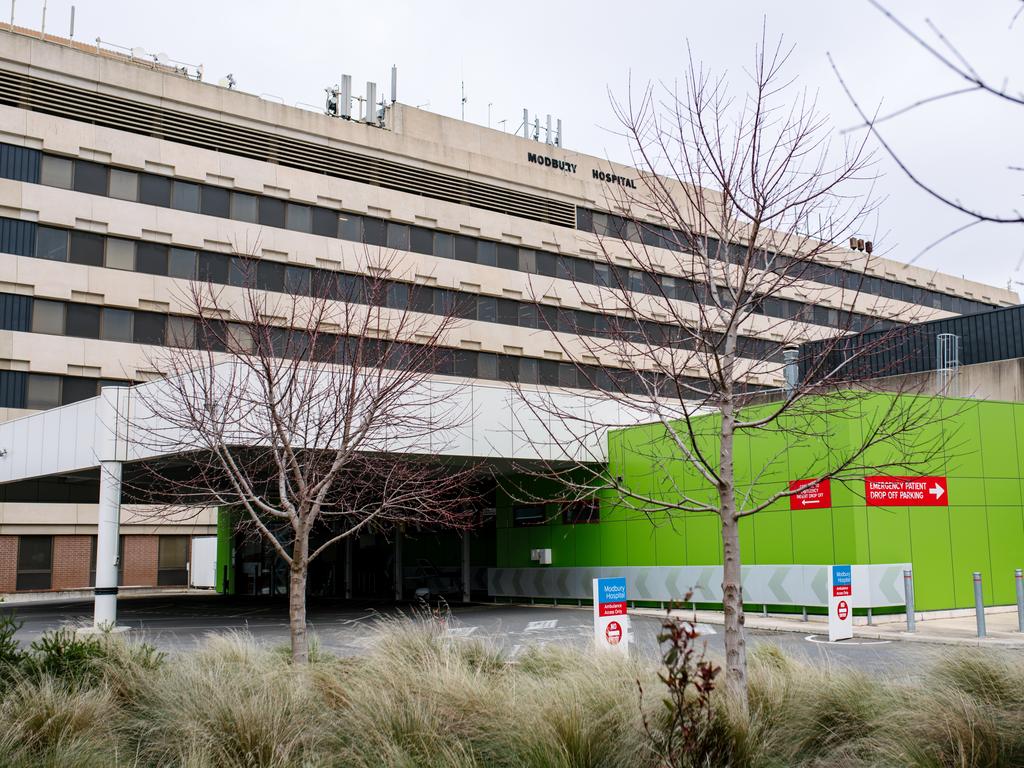
The elderly man presented to Modbury Hospital in Adelaide’s north eastern suburbs on Sunday with respiratory symptoms and later tested positive to the virus.
Professor Spurrier said the man had been in the South American country for “quite some time” before his daughter flew over there in February. They then returned to Australia together.
Five other test results for close contacts, including the man’s grandson, have come back negative.
Read related topics:Adelaide


